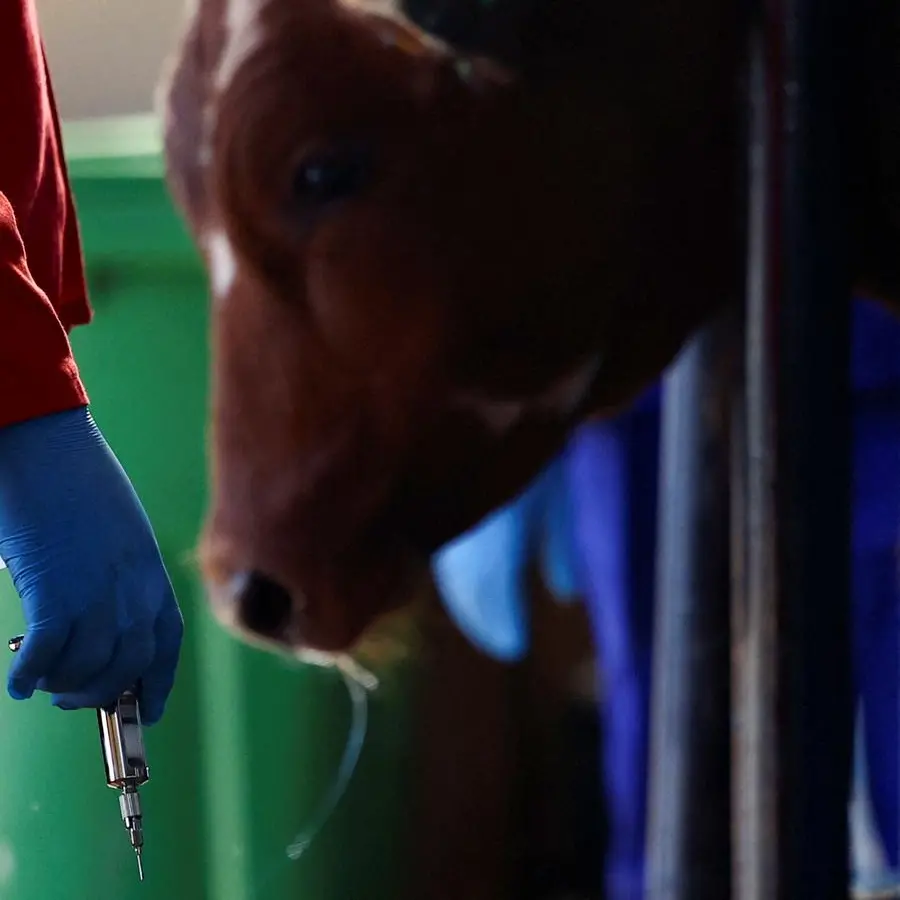11 April 2012
BEIRUT: It can look like a baked potato, an American football, a slice of pie, a patty or a marble-sized dumpling. It can be baked or fried, served with laban or garlic sauce. It often has lamb and sometimes has beef, cooked or raw.
There are other options as well: pumpkin, spinach, peppers, thyme, onion, garlic, mint and pine nuts.In short, kibbeh is versatile. For pretty much every Lebanese village, there is a version of kibbeh.
Many Christians in the country serve up vegetarian kibbeh on Good Friday in the run-up to the end of Lent, during which many of the faithful abstain from eating meat and poultry. Vegetarian kibbeh is also a delicious alternative for those alarmed by the recent food safety crisis, which was driven by near-daily discoveries of spoiled meat.
Suzanne Doueihy, who cooks for Tawlet in Mar Mikhael and Al-Falamanki in Sodeco, makes chickpea kibbeh for the celebration.
“After Good Friday Mass, we have kibbeh and makhlouta [a soup made with a mix of grains and lentils, potatoes and cumin],” she says.
The dish is a specialty of Doueihy’s hometown of Zghorta in north Lebanon, which itself is known across the country for its kibbeh.
“Chickpea kibbeh is only made in Zghorta and Zghorta’s kibbeh is the most famous,” she says.
The recipe requires some advance set-up, especially for the chickpeas, which must be soaked for four days, changing the water every two hours. Doueihy recommends making a large batch and keeping them frozen in water to use when needed. “It’s all in the preparation,” she says. “Our food is delicious but it’s very time-consuming.”
The chickpeas are not used as stuffing but are mixed right in with the bulgur, which is perhaps the only ingredient common to all kibbeh recipes. Doueihy lays the batter flat in a large metal platter. She prefers to bake it in a fire oven like those found at manousheh bakeries, as the kibbeh cooks better and faster. If the neighborhood manousheh bakery is closed, she makes the batter into patties and lightly fries them in olive oil.
According to Doueihy, who also takes catering orders and sells her dishes at Souk al-Tayeb, the real appeal of her kibbeh is its homemade-taste.
“They like it because it’s like eating your mom’s cooking,” she says. “I feel really happy introducing the specialty of my region. When people appreciate it, even if I’m exhausted, I don’t feel tired.”
Among her fans is Anthony Bourdain, the American celebrity chef and host of “Anthony Bourdain: No Reservations,” a television series that has featured two episodes on Lebanon.
“He called me the ‘Queen of Kibbeh,’” Doueihy laughs.
Ossan Tachidjian, who also cooks for Tawlet, serves up a vegetarian kibbeh from her hometown, Anjar, in the Bekaa. The Armenian community there makes a unique version of potato kibbeh with crispy pods of bulgur and flour that encase a soft potato, onion and pepper filling. “Armenians in Beirut don’t know how to make this potato kibbeh,” she says, adding that she likes this kind the best.
While Tachidjian has been cooking since she was a little girl, Doueihy started about 10 years ago. She began with kibbeh and was soon cooking all kinds of traditional Zghorta cuisine.
But kibbeh remains her favorite and she’s not the only one in her household who has become fond of making and eating it. Nassima Ali, who is from Bangladesh and works for Doueihy’s family, started helping prepare the dish over a year ago.
Kibbeh can be found all over the world where there are large Lebanese communities, including Brazil and Mexico. Ali, who doesn’t eat meat, is hoping to spread the popularity of chickpea and other vegetarian kibbeh even further afield. “When I go back to Bangladesh, I want to open a kibbeh restaurant,” she says.
Copyright The Daily Star 2012.



















